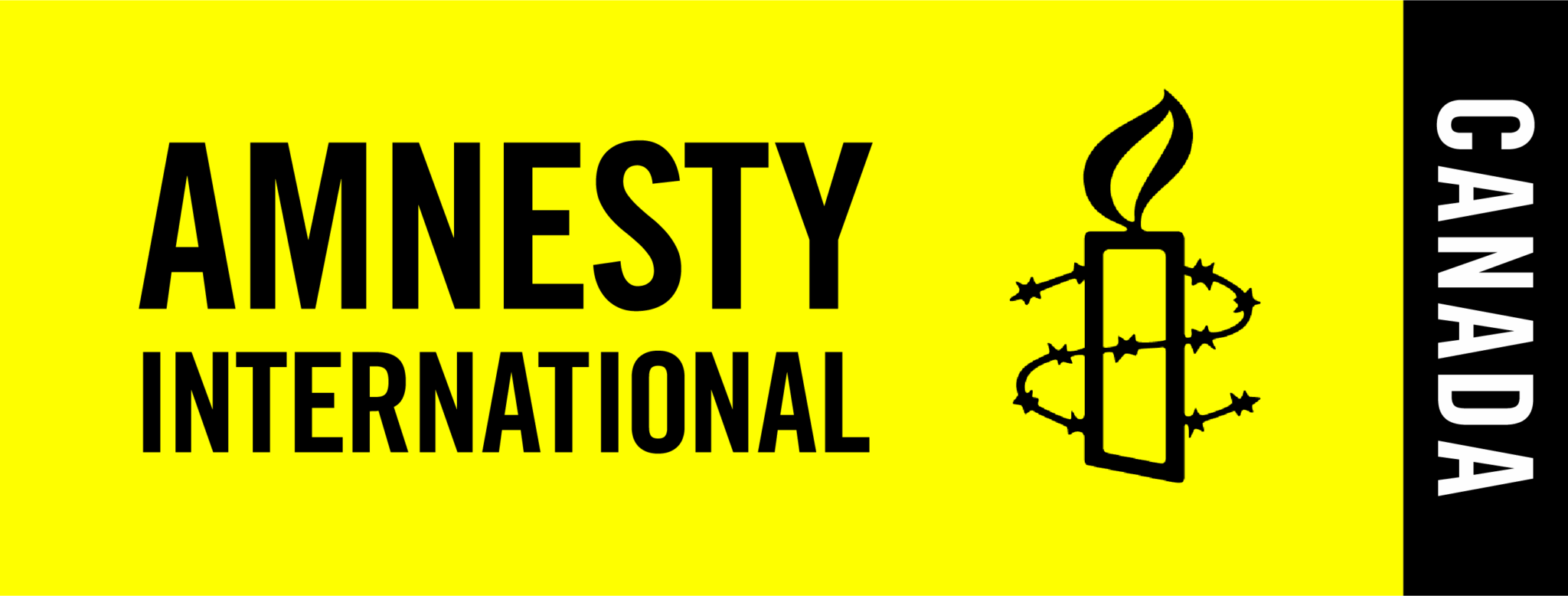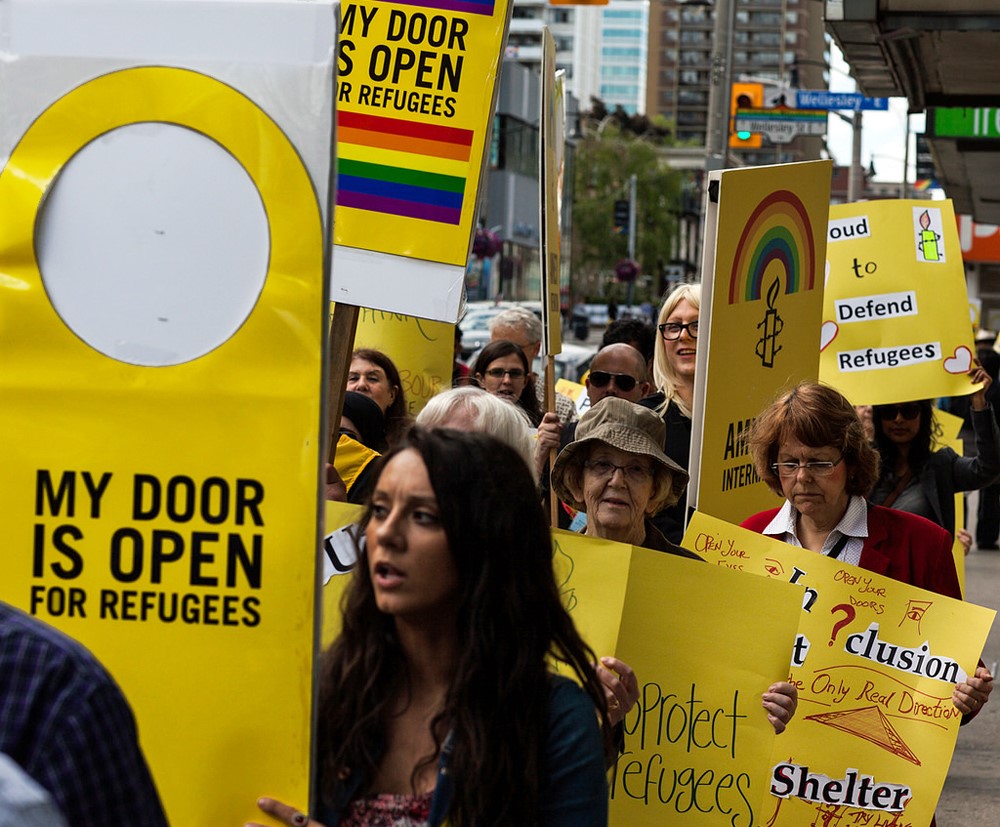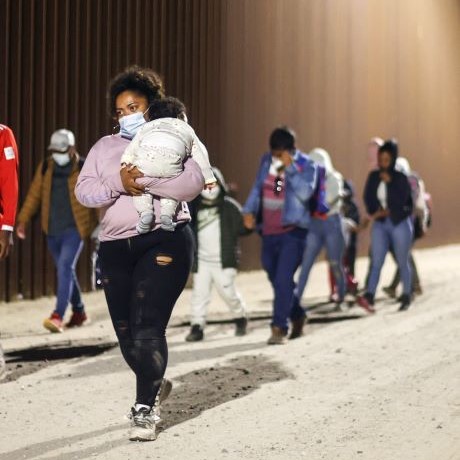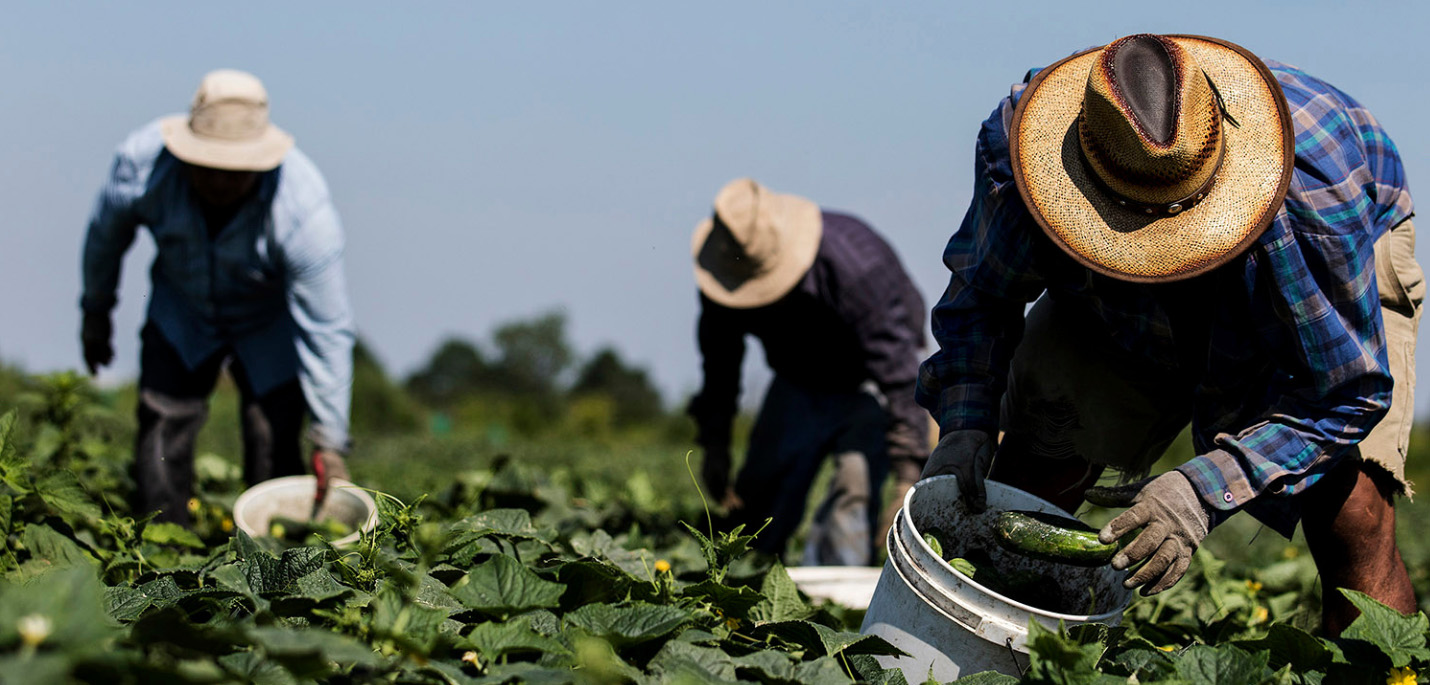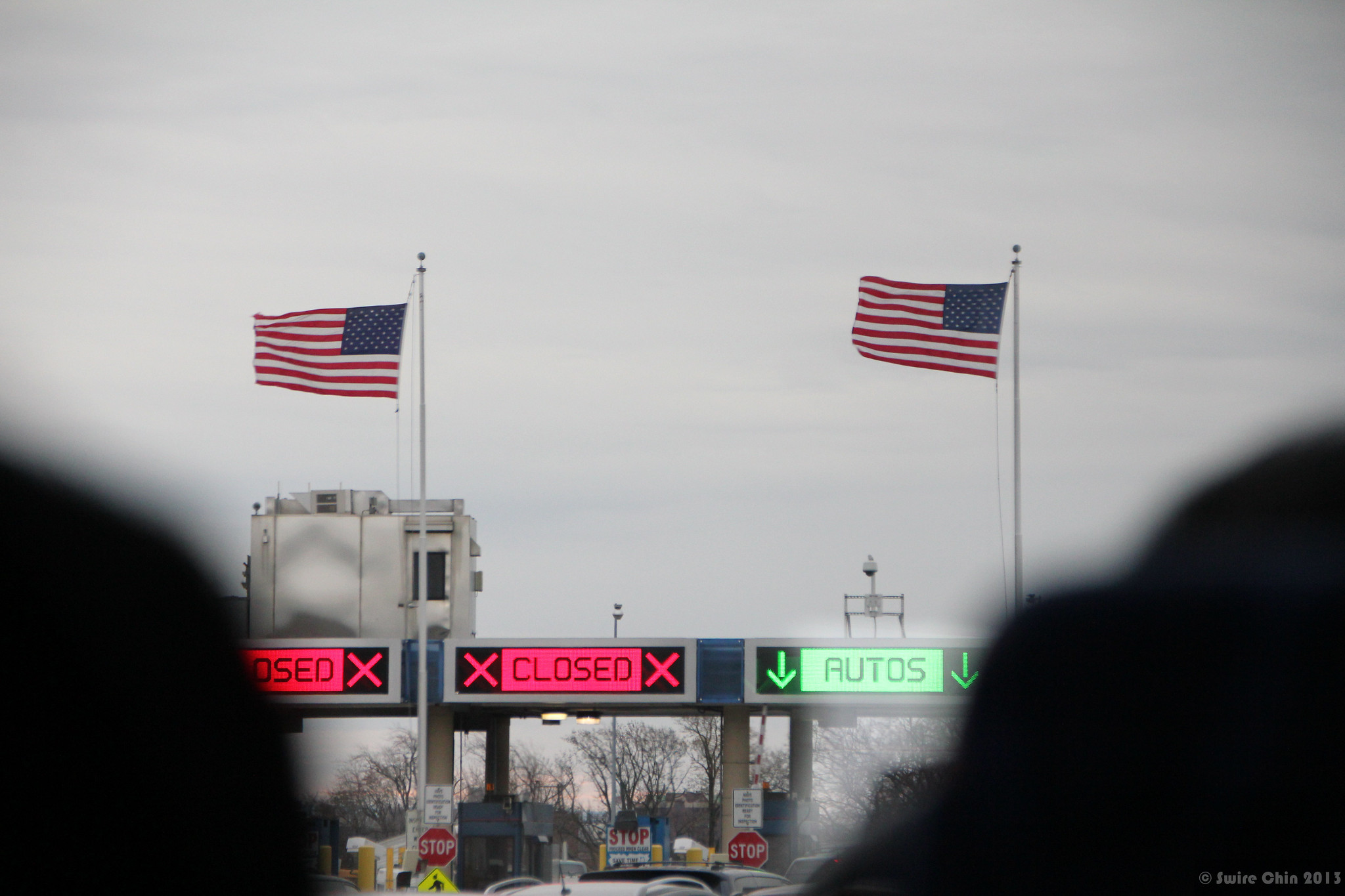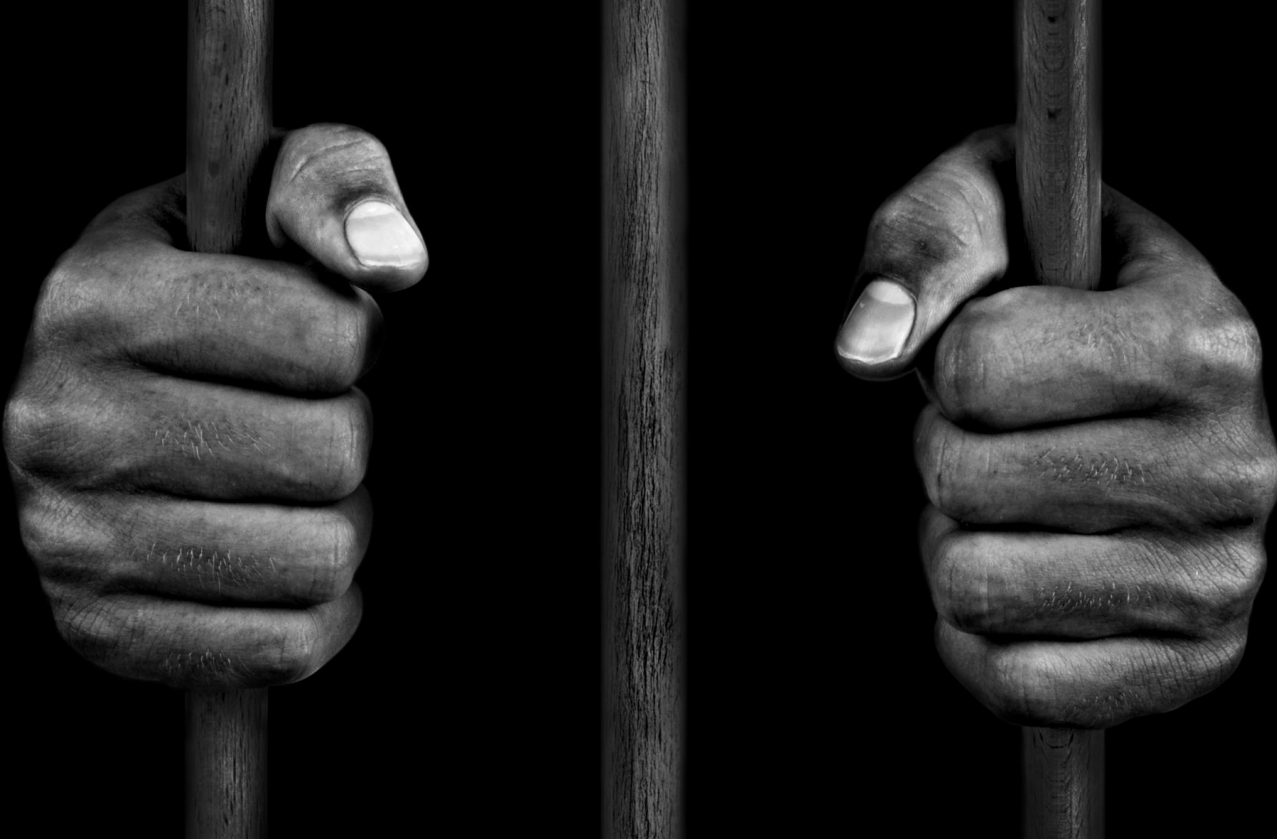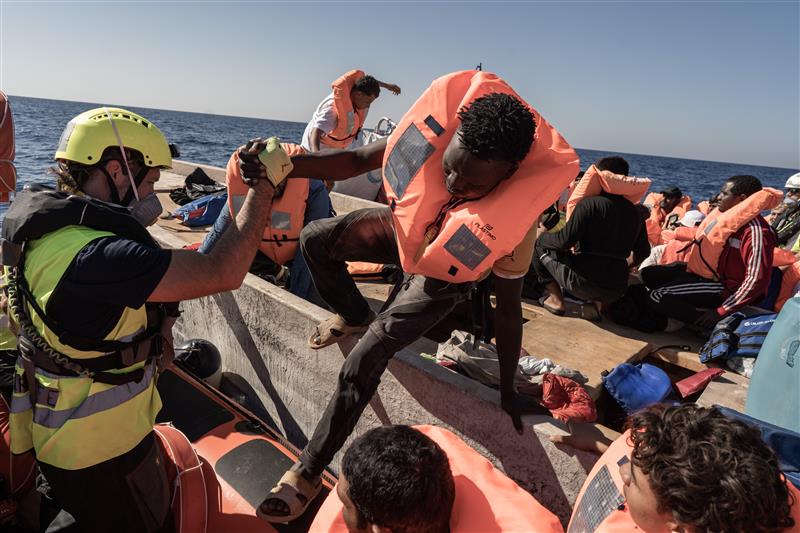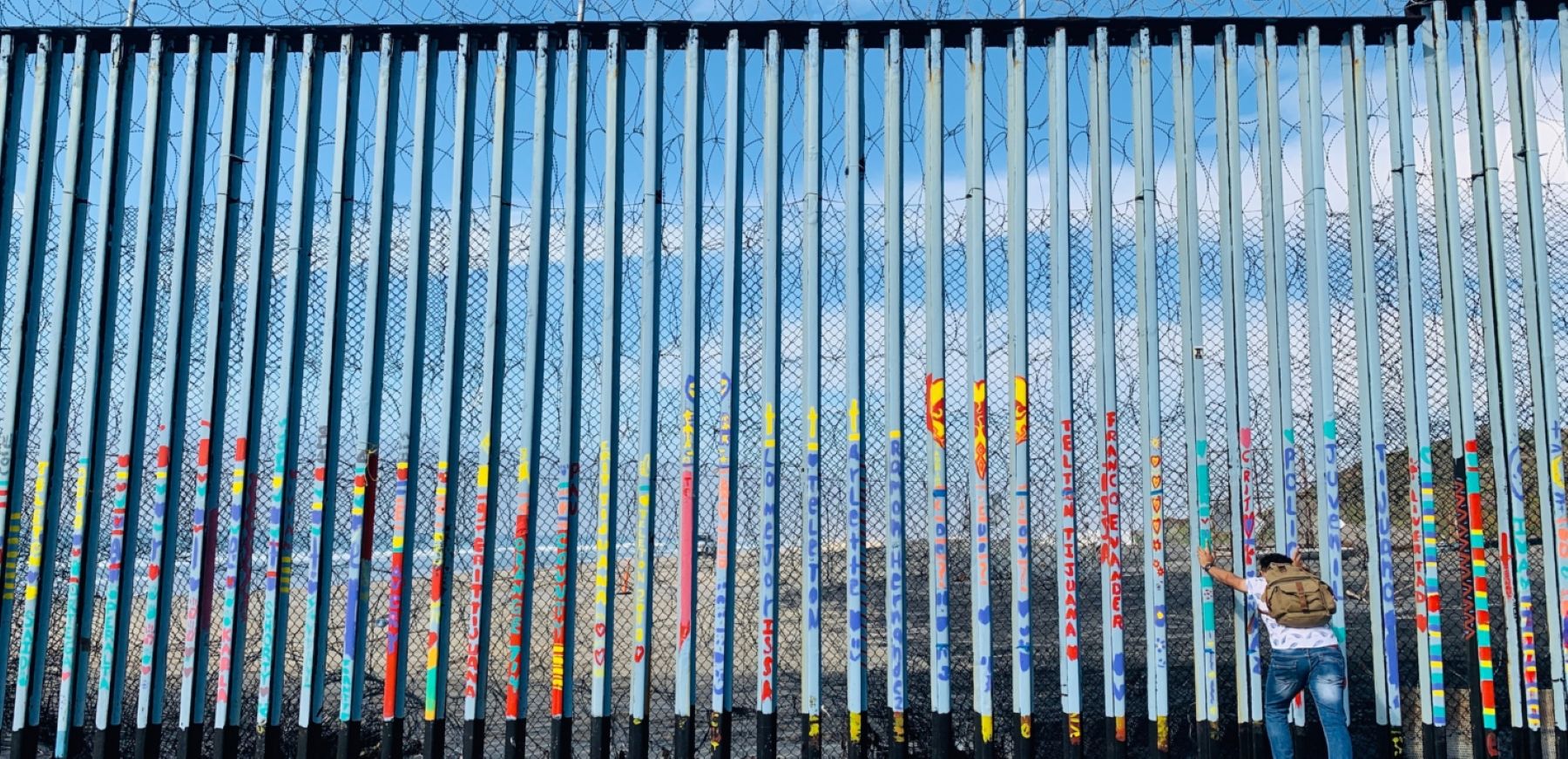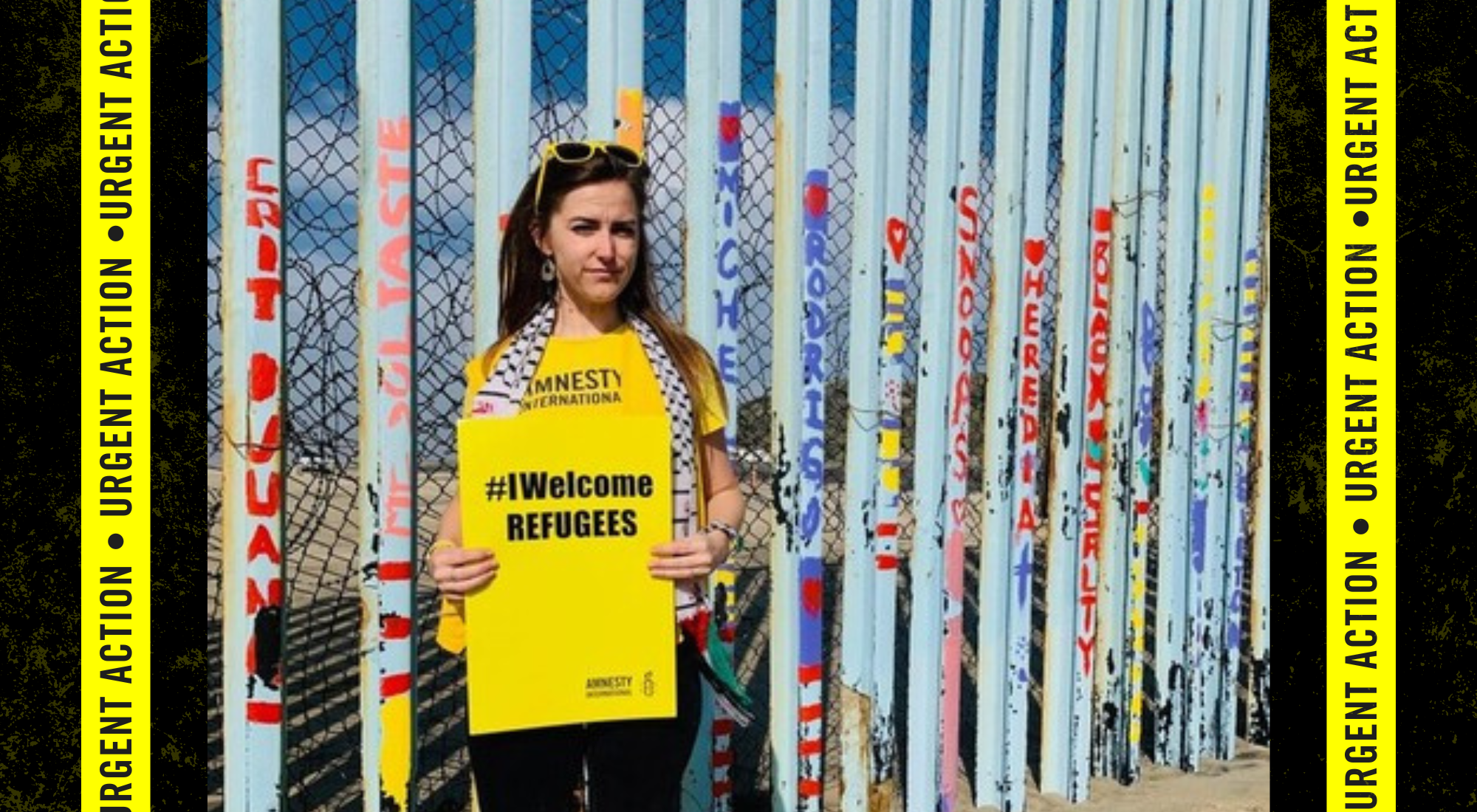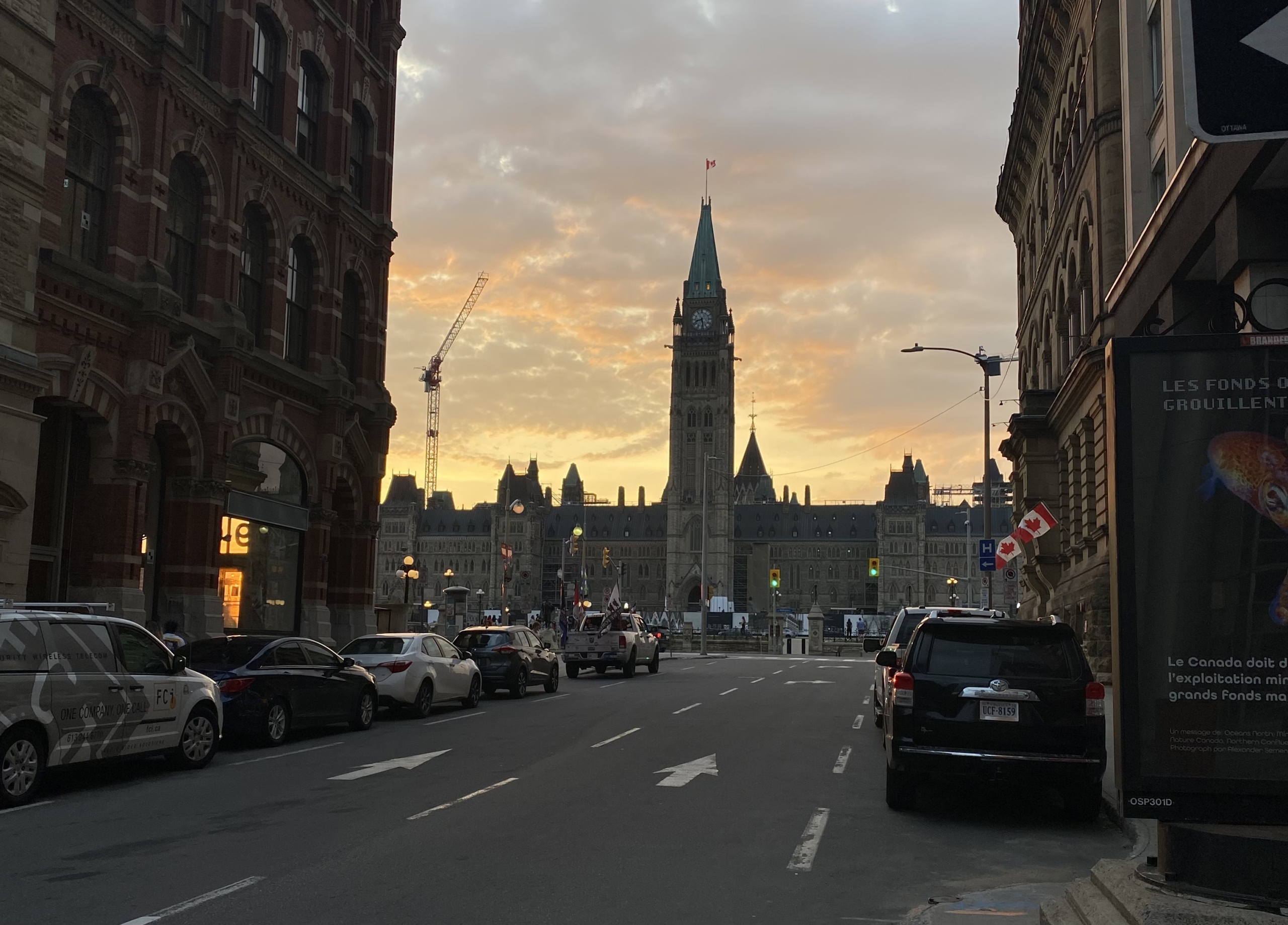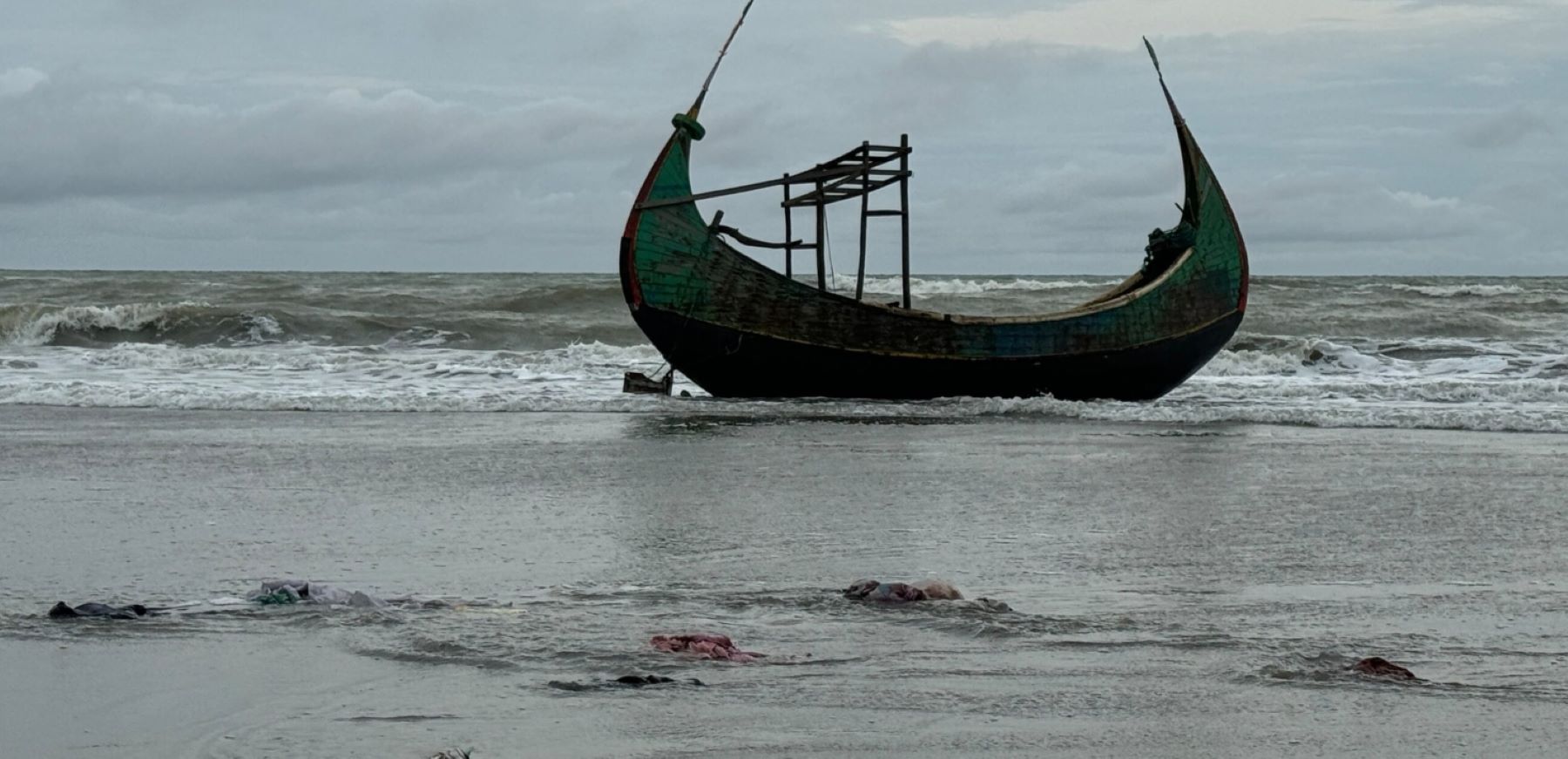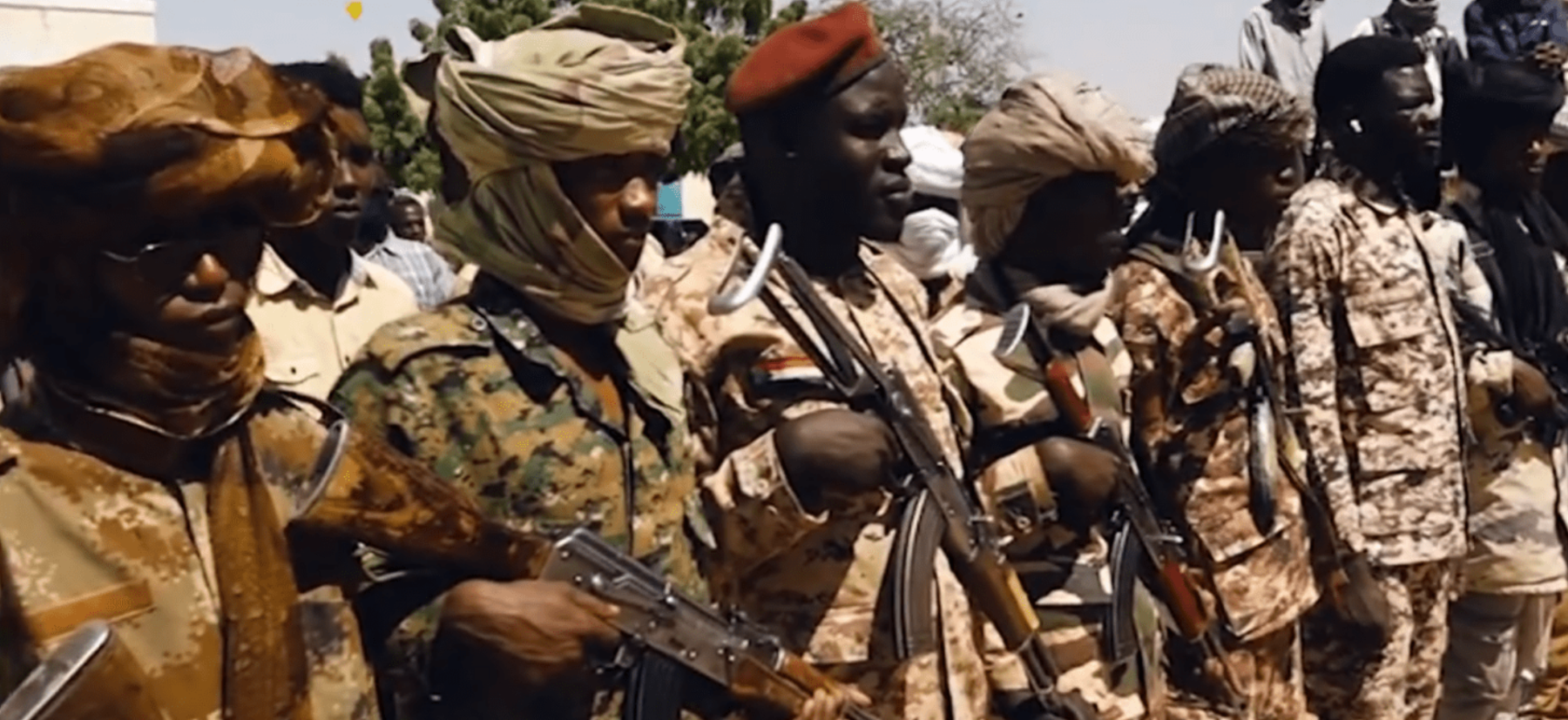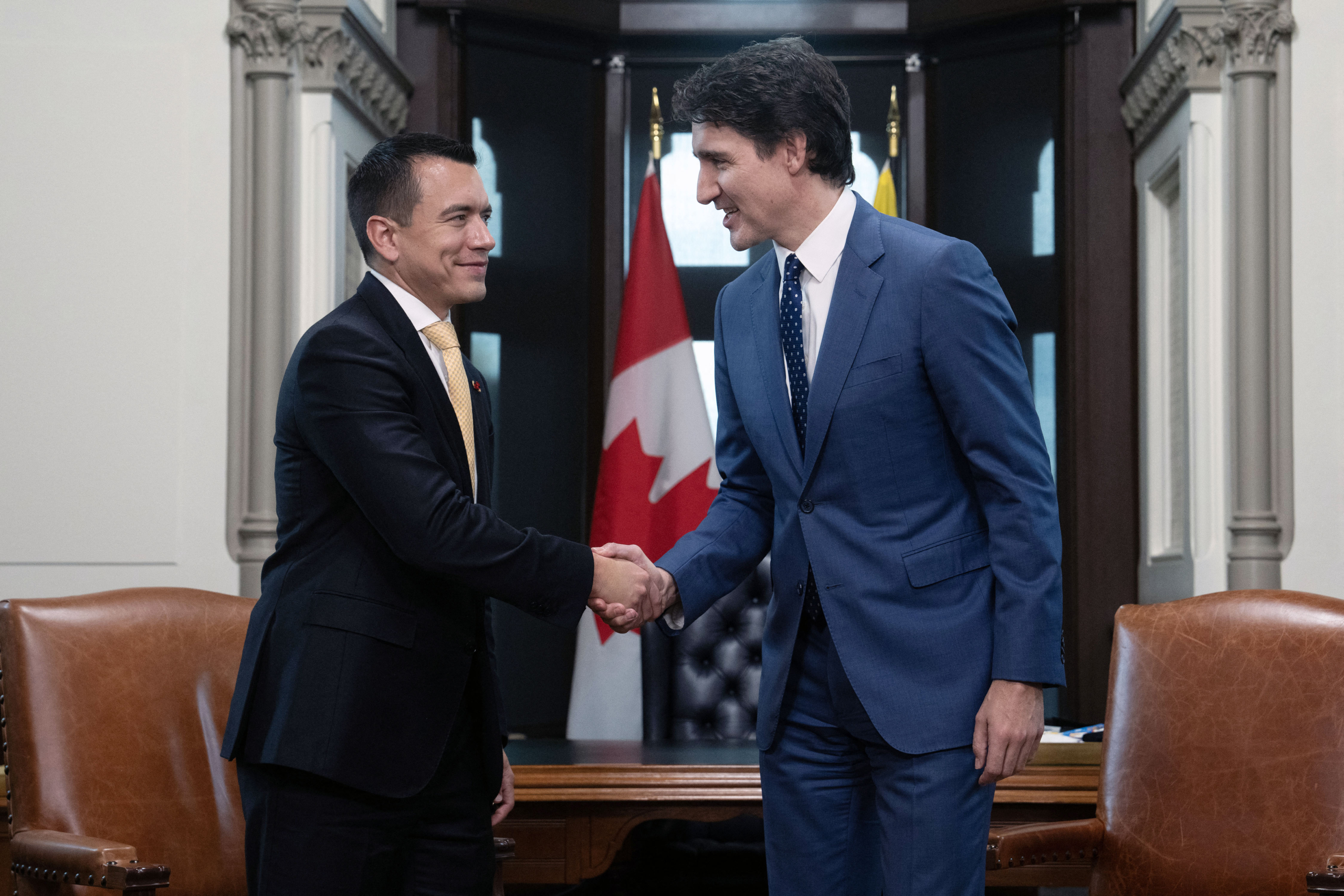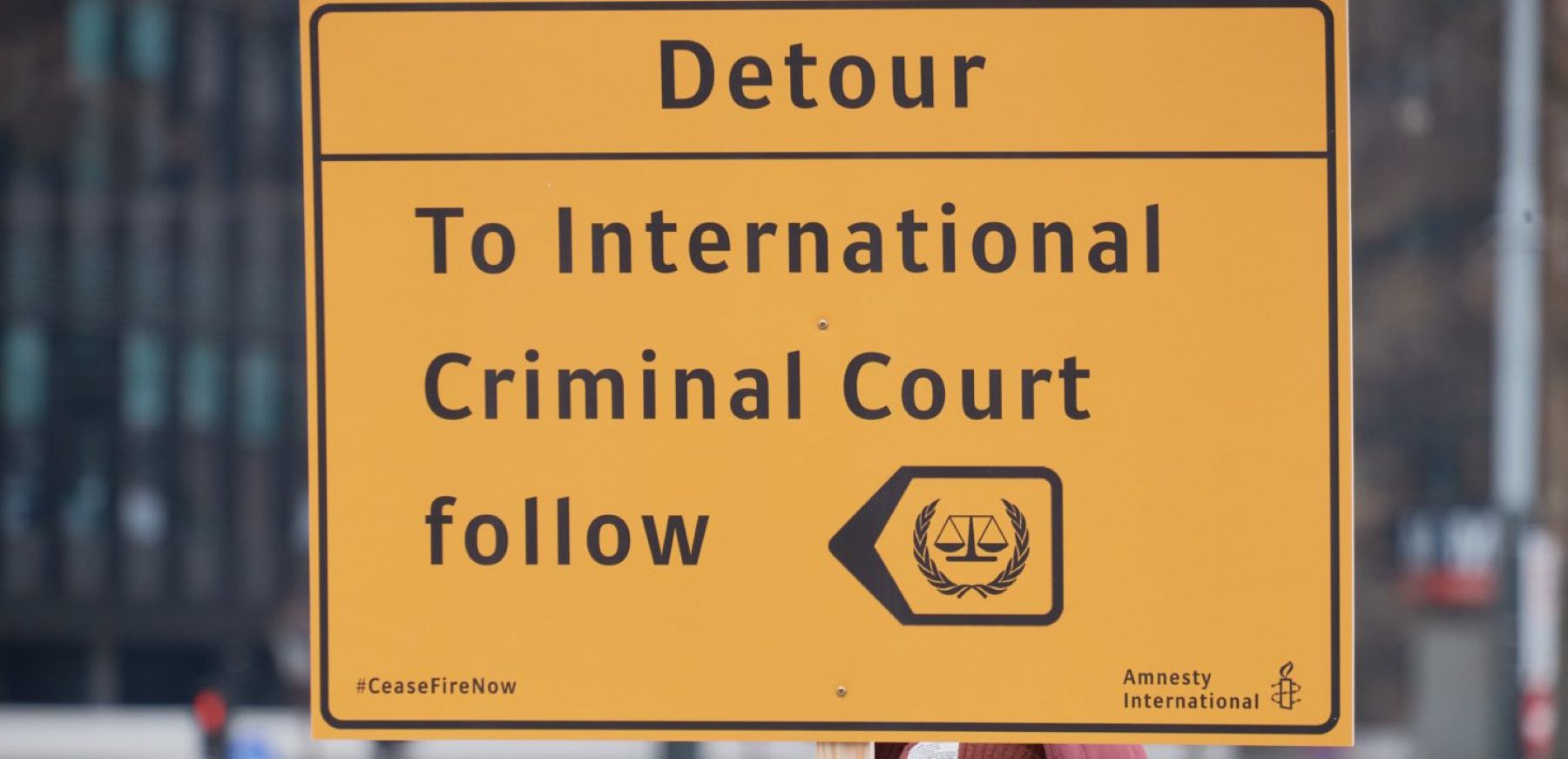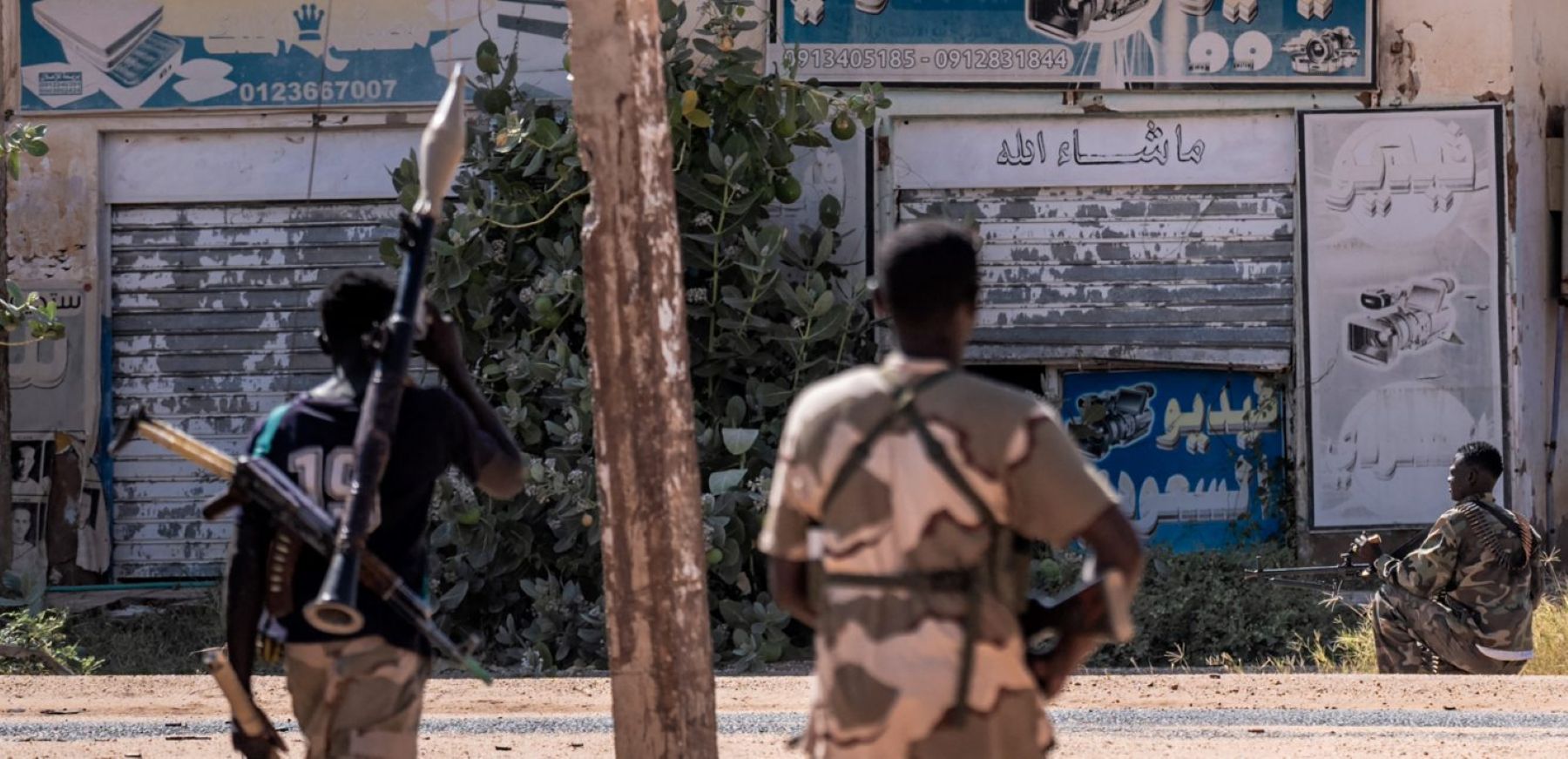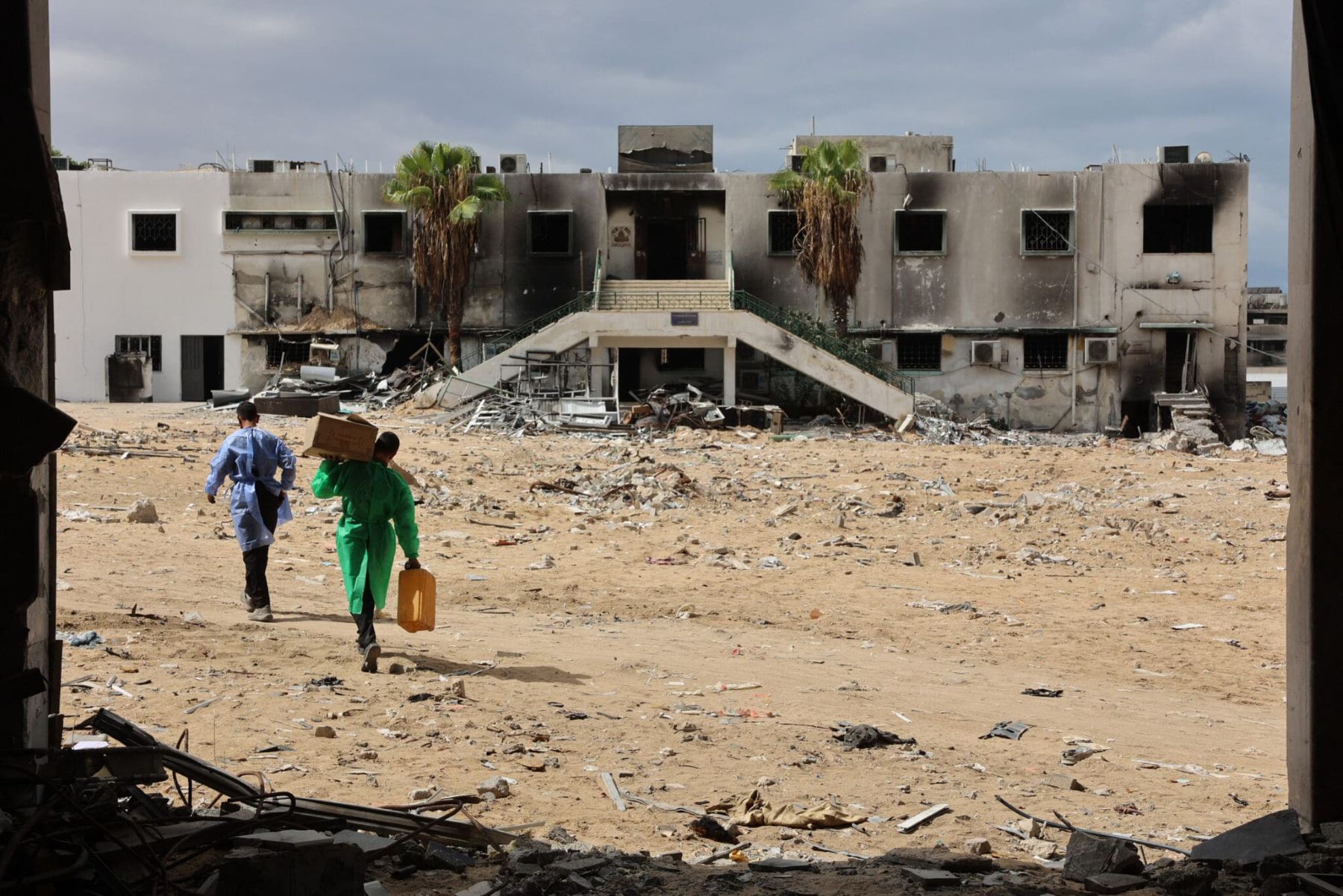Take Action
Urgent Actions
Protect people facing immediate threat of human rights abuses.
Online Actions
Sign petitions and take action online to defend human rights.
- Bangladesh
- Canada
Write for Rights
Join the world’s largest human rights campaign by hosting events and writing letters.
Activism Toolkits
Find resources to help you save the world, while also staying resilient.
Learn
Priority Issues
About Us
Latest News
Connect
Find your Amnesty International community in your community.
Volunteer
Membership
Join Amnesty Canada as a voting member and contribute to our governance.
Urgent Actions
Protect people facing immediate threat of human rights abuses.
Online Actions
Sign petitions and take action online to defend human rights.
- Bangladesh
- Canada
Write for Rights
Join the world’s largest human rights campaign by hosting events and writing letters.
Activism Toolkits
Find resources to help you save the world, while also staying resilient.
Priority Issues
About Us
Latest News
Find your Amnesty International community in your community.
Volunteer
Membership
Join Amnesty Canada as a voting member and contribute to our governance.
